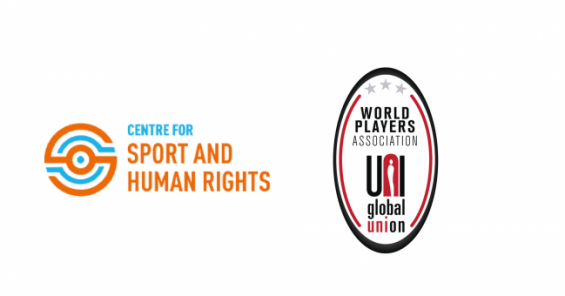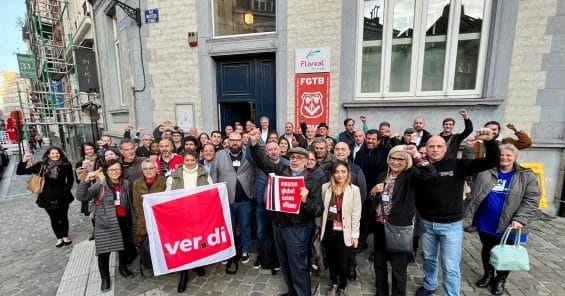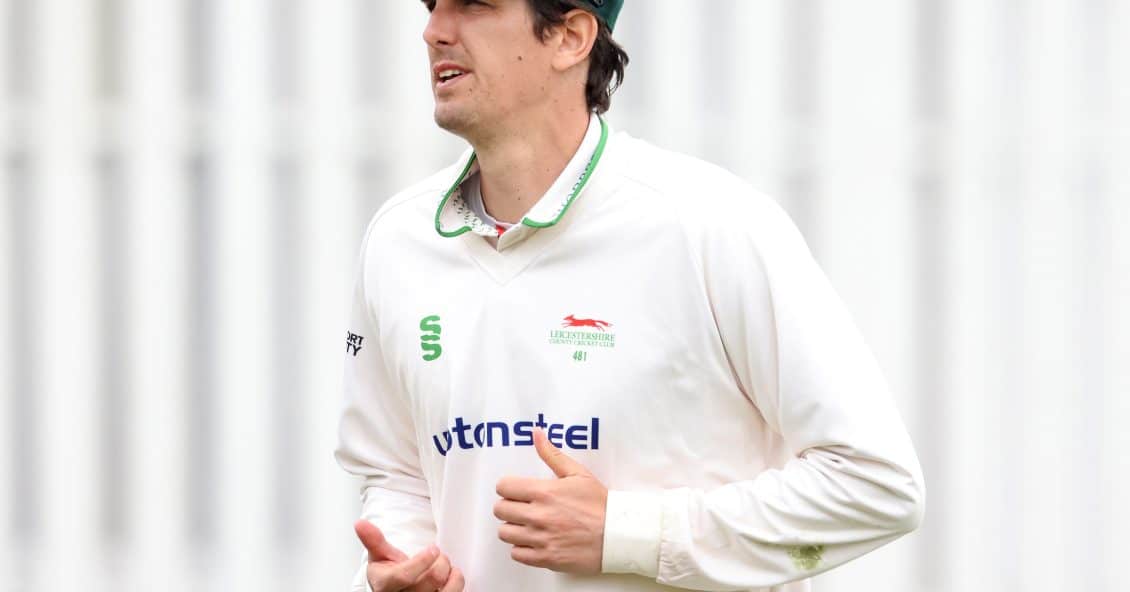At the establishment of the Centre for Sport and Human Rights in Geneva on 26 June 2018, the World Players Association – together with all organisational members of the Centre’s Advisory Council – were asked to make a three minute intervention reaffirming support for the 2018 Sporting Chance Principles and to respond to two questions:
- How will your organisation operationalise the 2018 Sporting Chance Principles in your own objectives for 2019 and 2020?
- How will your organisation support the work of the Centre as part of its Advisory Council?
Below is the intervention of World Players Executive Director, Brendan Schwab.
The World Players Association is a global union federation of over 100 player associations based in more than 60 countries on all six continents representing some 85,000 professional players and athletes. We are a proud sector of UNI Global Union. Established only three years or so ago, our development has followed the same timeframe that sees us all here today to establish the Centre for Sport and Human Rights.
The Sporting Chance Principles are in our DNA.
We exist to champion the dignity of the player and the humanity of sport.
We pursue our vision through a three-part goal.
First, the human rights of everyone involved in, affected – or touched – by sport should be protected, respected and upheld.
Second, the same must be true for the players.
And, third, sport must be a force for good, in social, sporting, cultural, economic and, of course, humanitarian terms.
We are proud of the work of the Platform – now the Centre – over the last two and a half years. We are proud of our contribution to it; especially our contribution to the discussion which broadened the mandate of the Centre from Mega-Sporting Events to the holistic challenge of sport and human rights.
But we are also realistic. Our collective action is a needed response to the human rights crisis that is confronting sport.
Despite our progress, we are yet to achieve the requisite levels of accountability including providing those whose rights have been violated with access to an effective remedy.
We note that both of these challenges are rightly noted as top risks to the success of the Centre in the Centre’s strategic plan.
Our commitments as members of the Centre’s Advisory Council are two-fold:
(1) We will continue to promote, protect and coordinate constructive athlete activism:
- Individual acts of activism like that we have seen from Bilqis Abdul-Qadir
- Collective activism, as we have seen with the rise of unionism among women footballers fighting for gender equality and decent work
- Institutional activism, such as our work here with the Centre, as a partner of the Sport and Rights Alliance, and by ensuring that this work flows through to the work of our unions – be it in the international sports of football, cricket and rugby – to the major national leagues.
(2) We will be a trusted partner, based on our reliability, representativeness and expertise. We will aim to build mutual trust and understanding, and learn from all of you about your concerns and priorities. In so doing, we ask that you, too, learn from us – about the athletic career, how highly skilled, challenging and precarious it is, and also about the work of our player unions, and how genuine engagement with them has not only left the careers of the players in a much better position, but also their sports.
We can build our trust on a shared vision. That vision is not only that sport should be harm free. It is not only that sport should set the example for human rights in a difficult world. We agree on both of these points, as many speakers have already noted. There is also another reason. Sport will be much stronger. Let’s not lose sight of that.
Thank you.


